Jubullum community resilience: learning, listening, adapting
We’ve been honoured to be invited into the Jubullum community, which is a small Aboriginal village near Tabulam on Wahlubul Country, in the western Bundjalung Nation.
Jubullum has faced its share of challenges, from drought and bushfires to floods, but what stands out most is its deep cultural strength, care for Country, and the resilience that comes from community leading the way.
All of our Plan C team have taken part in trauma and cultural safety training, supported by Healthy North Coast. It’s helped us reflect on how we show up, and how we can keep working in ways that are safe, respectful, and responsive to the needs of each unique place we’re invited into.
In Jubullum, that’s meant adapting our tools and approaches, and staying flexible so the work is shaped by the community and what matters most to them. It’s not about delivering a fixed program. It’s about building relationships, trust, and offering support in a way that’s meaningful and led by local voices. It’s been a privilege to respond to the complex needs and barriers faced here, and to be useful in such a tailored, respectful way.
Our approach has been guided by the principles of Dadirri, the practice of deep listening shared with us by We Al-li last year as part of our Rising Together events. This way of listening, with presence, patience, and respect, has helped us slow down, pay attention, and truly let the community lead.
We have received feedback that our facilitation has been
‘friendly, welcoming, and engaging’
and that we are
‘listening to what the community needs, not coming in and telling [us] what to do’.
This work is still unfolding, and we know we’ll keep learning as we go. But we’re deeply grateful to be walking alongside the Jubullum community: listening, learning, and growing together.
Again, thanks to grant support from the NSW Reconstruction Authority’s Supporting Spontaneous Volunteers Program (SSVP), a NSW Government initiative, this year, we’ve been slowly learning our way into working with communities in deeper, more grounded ways.


